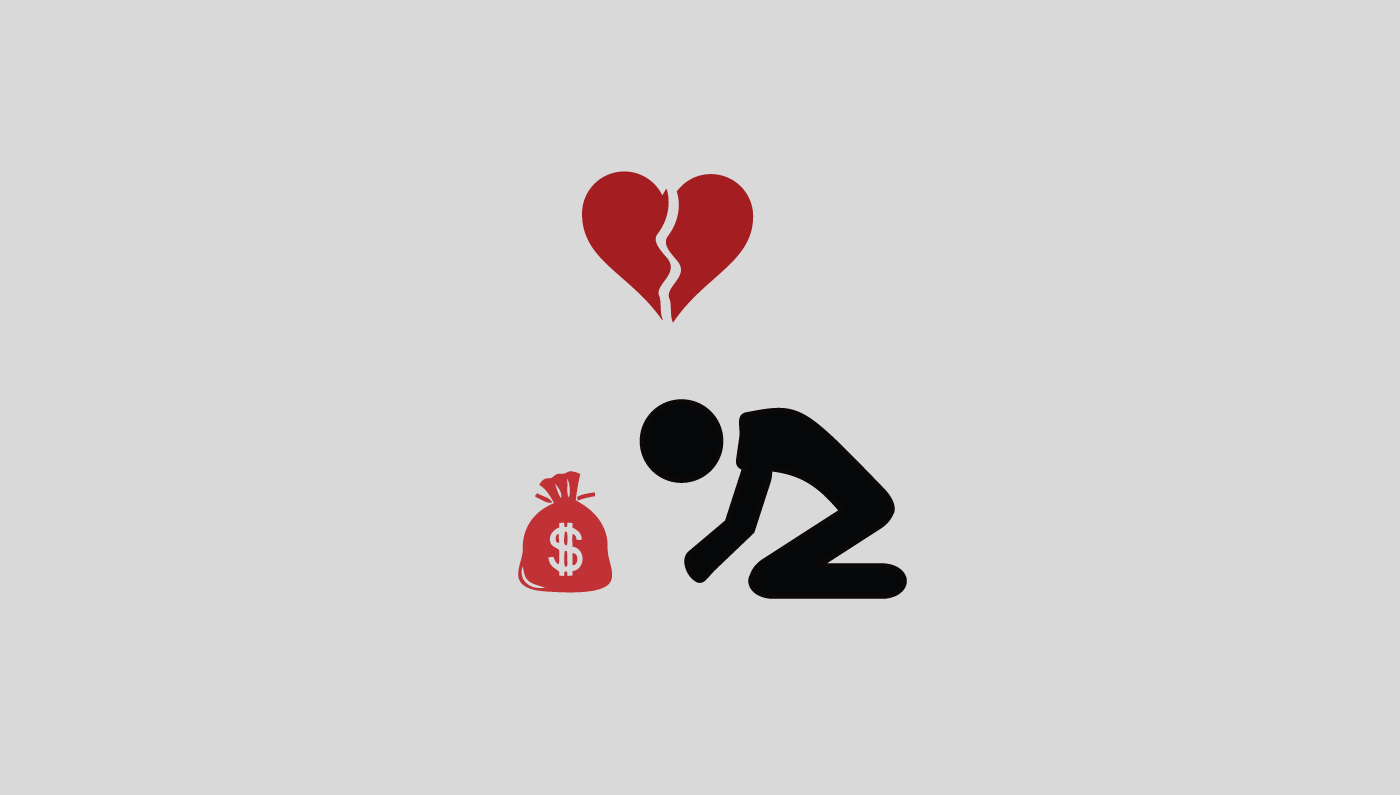Gratitude can be a powerful motivator. After all, we’re thankful for things all across the spectrum of our lives, from friendship and advice down to a sale on our favorite pair of shoes.
So why shouldn’t businesses get in on the fun? For many consumer-facing companies, it can be standard practice to thank loyal or repeat customers for staying true to a brand. And sometimes these thank yous can also include financial incentives, too, like gift cards, discounts or special offers.
That, according to new research from a team at Duke, the University of Pittsburgh and Vanderbilt, is where businesses can unwittingly alienate the very customers they are trying to celebrate.
This week’s insight: When it comes to thanking valuable customers, it may be better to skip sending financial rewards. Instead, think of ways you can reward their behavior without a monetary incentive.
Research study: “Should Firms Use Small Financial Benefits to Express Appreciation to Consumers? Understanding and Avoiding Trivialization Effects” by Peggy J. Liu, Cait Lamberton, and Kelly L. Haws, Journal of Marketing, May 2015. https://journals.ama.org/doi/abs/10.1509/jm.14.0091?journalCode=jmkg
What they did: The research team studied a group of people who completed a hotel review after an actual hotel stay.
One portion of the group received a note of thanks from the hotel that did not include any financial benefit. The other portion of the group received the same thank you note but were also given a small monetary reward.
To make sure their findings were consistent, the research team repeated the experiment with online shoppers and restaurant patrons, with similar results.
What they found: Guests who received the thank you note with the monetary incentive were more likely to report feeling slighted or snubbed by the small amount of the reward, whereas the guests who received the note alone were less likely to feel that way.
 Peggy J. Liu, PhD candidate, Duke University Fuqua School of Business
Peggy J. Liu, PhD candidate, Duke University Fuqua School of BusinessFor researcher Peggy Liu, the findings indicated that customers felt trivialized by the amount of the money they were being given in exchange for their perceived value to the company.
“We find that when firms include small financial benefits in their thank yous, this type of acknowledgement triggers customers to evaluate whether the financial benefit amount meets their expectations,” Liu said. “If it doesn’t meet their expectations, then they feel like their efforts to support the company are being trivialized.”
Instead of offering a small monetary reward directly to the customer, her team recommends companies consider making a donation to a charity on the customer’s behalf. That way, even if the monetary amount is small, customers don’t feel insulted or underappreciated.
There’s another area where companies should watch out, Liu says, and that’s the flip side of the thank you: the apology.
“Besides this trivialization effect occurring when companies are thanking customers for their behavior, we also have some evidence that it seems to happen when companies are apologizing to customers for service failures,” she said. “For example, saying sorry and giving a too-small financial compensation amount can be worse than simply saying sorry.”

